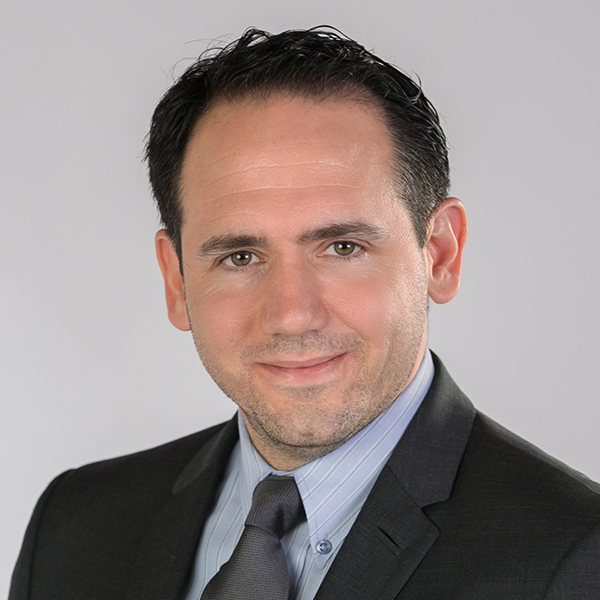“We’ve always done it this way” is a recipe for pigeonholing students, argues Fernando Garcia
The late American computer scientist Grace Murray Hopper was credited with saying that “The most dangerous phrase in the language is, ‘We’ve always done it this way.’” This serves as a reminder that we must always be willing to look at what we are doing, the effect that our actions are having on others, and whether those actions are meeting objectives. Such a review must naturally be followed by a commitment to do things differently if there is a better alternative.
In my opinion, there are three things that are having an adverse effect on high school students and law students.
The Ontario government will be taking steps to rectify the first one, namely ending “streaming” of students into academic or applied (technical) programs beginning in Grade 9. This practice, which is is expected to end by the 2021-2022 school year, has been found to have a disproportionately negative effect on students of lower socioeconomic status and from certain racialized or ethnic groups.
From my observations students entering Grade 9 have no clue what they want to do, career- or education-wise, and to have to make such a big decision so early on is detrimental. Students may also be influenced by others, often inappropriately, in believing they do not have the educational ability to perform at advanced levels; and some may lack the support or mentorship to understand the importance of the decision they need to make. We must keep doors and opportunities open for as long as possible and ensure that the support is there to allow students to make the best choices.
This is personal for me. At the start of high school I had been in Canada for only four years, and I was still very much struggling with the English language and trying to find my place academically. I was also admittedly immature. After changing high schools four times, I completed Grade 12 with a 60- per-cent average. I decided to take some time away from school after Grade 12, and after a few years of working in general jobs I returned to school to complete the Ontario Academic Credit (OAC, also known as Grade 13), which was then required to enter university in Ontario. After refocusing and working hard, I was just able to get into university.
Once in university I found my place and discovered that I excelled in that self-directed environment, compared to the very structured and directed high school experience. I later went on to earn two master’s degrees and a law degree. Being able to defer career decisions as long as possible was critical to my success. Fortunately, streaming was never presented as an option to me, and even moving a decision for streaming to Grade 10 might have been too soon for me, as I did not have my epiphany until my OAC year — the only year the university admissions office considered in accepting me for undergraduate studies.
We also need to review and remove other barriers faced by students entering the legal profession, such as the LSAT and bar exams, which have disproportionately adverse impact on racialized and other students. I have spoken out before about removing the LSAT as a requirement for admission to law school as a result of its disproportionate impact on racialized or disadvantaged students, and its lack of predictability on future success as a lawyer.
Similarly, with regard to bar exams, once a student successfully completes three years of law school education in Canada the need to pass an examination to join the bar is ludicrous. We are not the United States, meaning that the difference in the quality of education between one law school and another is marginal at best. We have no tiers or substantial gaps between one university and another.
It is critical that, once in a while, we take a step back to ensure that we are doing all we can to encourage children to pursue the educational and career path that is best for them. That said, we need to ensure that students have the tools and the ability to make informed decisions, and that they are at a stage in life where they are capable of making such decisions.
The de-streaming of Ontario students in Grade 9 is a good start for students generally. For those seeking to enter the legal field, I propose we implement these two other changes as soon as possible. We need to do things differently!











